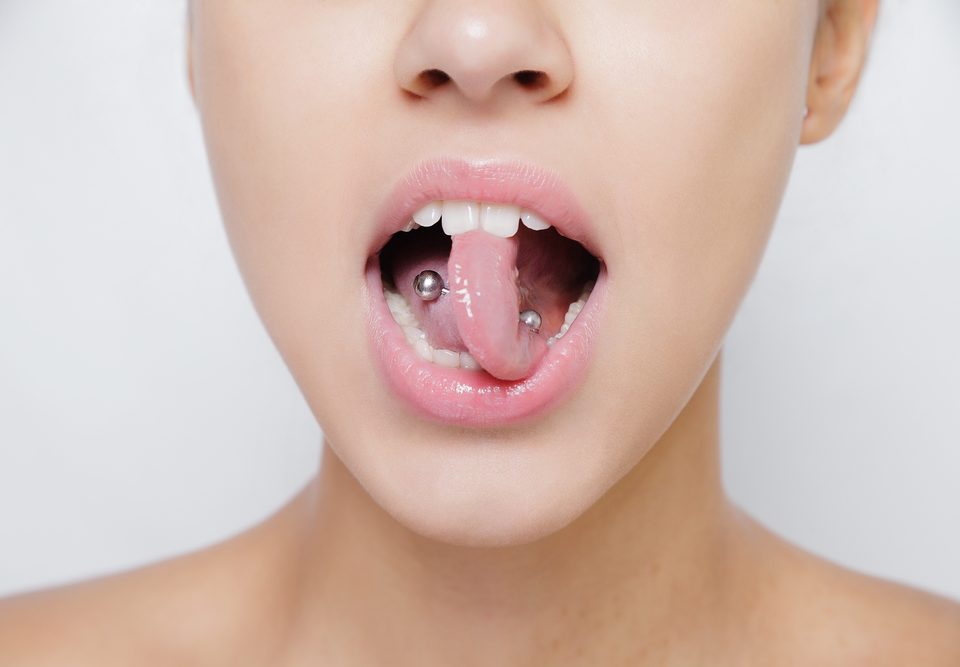- Make An Appointment
Make An Appointment
- 801-273-5632
Clearing Up Myths About Baby Teeth

Oral Risks of Teen Tobacco Use
March 2, 2018
Mouth-Healthy Snacks for Kids
May 3, 2018Clearing Up Myths About Baby Teeth
There are a number of myths and misconceptions in the dental world, and some of the most serious revolve around baby teeth. A child’s first teeth, also called primary teeth, milk teeth or baby teeth, are temporary teeth that will eventually fall out, but that doesn’t mean they aren’t important.
At Walker Pediatric Dentistry, our family dentist is here to help. Let’s go over a few of the most common myths out there about baby teeth, and set them straight.
They Aren’t Important
The simplest and most common misconception here from parents is that baby teeth are not important, usually because parents think “they’ll just fall out anyway.” But as place-holders, these teeth are hugely important to the early years of child tooth development.
They help with structure, providing a guide for the permanent teeth to move in behind them when it’s time. A common issue that’s seen after a lack of care for baby teeth is crowding in adult teeth due to issues with this positioning.
No Need To Brush
As soon as you can see baby teeth, even just parts of them, brushing should begin. This will help prevent tooth decay, and will also get children in the very early habit of good oral care. You can even begin this kind of care before any teeth are present – use a soft, damp rag and rub it over your baby’s gums to help reduce bacteria.
Cavities Aren’t a Big Deal
Again, this myth is based on the idea that since teeth will fall out soon enough, there’s no point in worrying about them. But cavities are more than just an unsightly issue – they can cause pain and even an abscess in some cases, and they can be a breeding ground for bacteria that then spread into other areas of the body and impact your child’s health.
Don’t See a Dentist Yet
Many parents don’t have their child in to see the dentist until there’s a problem, and this is a big risk. The American Academy of Pediatric Dentistry suggests children bring kids in for a dental visit as soon as their first baby tooth comes through, or by age one at the very latest even if no teeth are present yet.
For more on baby teeth, or to learn about any of our other dental services, speak to the staff at Walker Pediatric Dentistry today.



